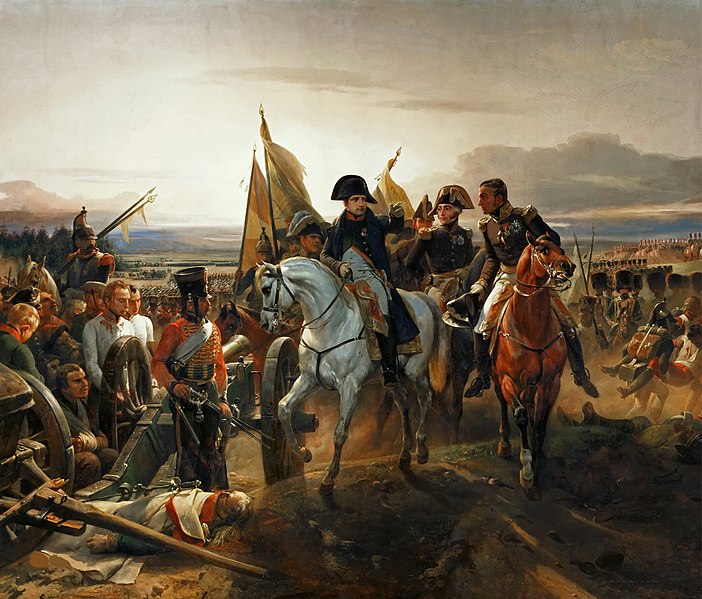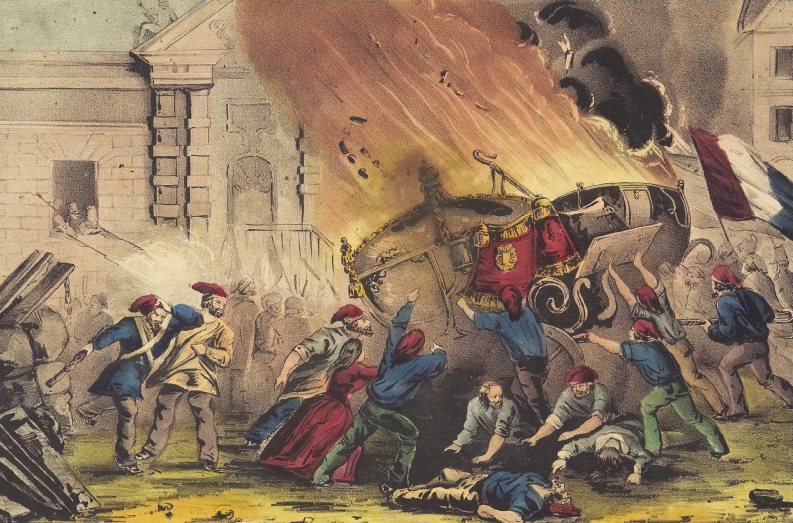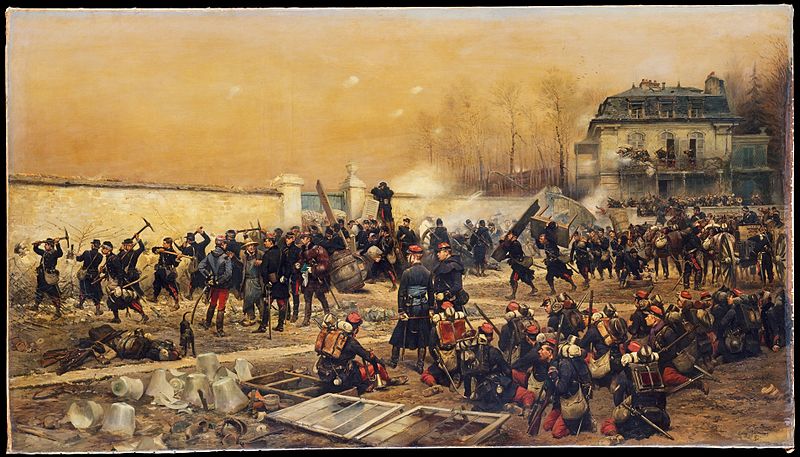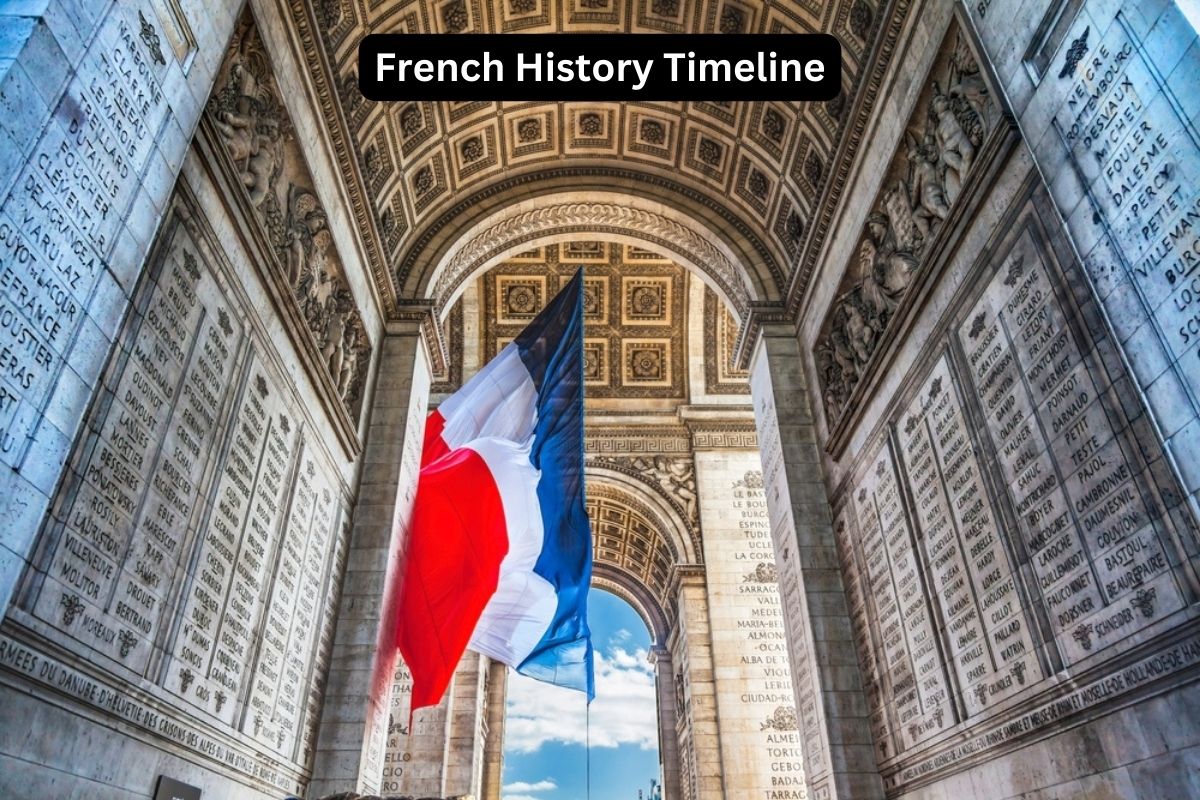French history is a captivating tapestry woven with a rich blend of cultural, political, and societal developments that have shaped the nation’s identity over millennia.
From the ancient arrival of human populations to the modern complexities of the 21st century, France’s history is marked by periods of innovation, revolution, and global influence.
This journey through time encompasses the rise and fall of monarchies, the tumultuous era of the French Revolution, the splendor of imperial ambitions, the scars of world wars, and the ongoing pursuit of social progress and technological advancement.
Exploring French history unveils not only a chronicle of events but also the profound impact of ideas, art, and individuals who have left an indelible mark on the world stage.
| Period | Key Events and Highlights |
|---|---|
| Pre-Modern Period | – 50,000 BCE: Early human populations arrive. |
| – 6th Century BCE: Celtic tribes settle. | |
| – 1st Century BCE: Roman conquest of Gaul. | |
| – 5th Century CE: Fall of Western Roman Empire. | |
| Medieval Period | – 8th Century: Charlemagne establishes Carolingian Empire. |
| – 987: Hugh Capet becomes King, founding Capetian dynasty. | |
| – 12th Century: Rise of medieval French culture. | |
| – 14th Century: Hundred Years’ War with England begins. | |
| Early Modern Period | – 16th Century: French Renaissance; rise of Francis I. |
| – 17th Century: Reign of Louis XIV, the Sun King. | |
| – Late 17th – Early 18th Century: Reign of Louis XV; wars. | |
| French Revolution & Napoleon | – 1789: French Revolution begins. |
| and Napoleonic Era | – 1793: Reign of Terror; execution of Louis XVI. |
| – 1799: Napoleon comes to power. | |
| – 1804: Napoleon crowns himself Emperor. | |
| – 1812: Napoleon’s failed Russian campaign. | |
| – 1814-1815: Napoleon’s fall, exile, and return. | |
| 19th Century | – 1815-1830: Bourbon Restoration, July Revolution. |
| – 1848: February Revolution leads to Second Republic. | |
| – 1852: Louis-Napoleon becomes Emperor. | |
| – 1870-1871: Franco-Prussian War, Third Republic formed. | |
| 20th Century | – World War I: France experiences heavy losses. |
| – 1920s: “Roaring Twenties” cultural flourishing. | |
| – World War II: Nazi occupation and Liberation. | |
| – 1958: Charles de Gaulle becomes President. | |
| – 1960s: Social upheavals, protests. | |
| – 1980s-1990s: Economic and political changes. | |
| 21st Century | – 2000s-2010s: Modernization, terrorism, Macron presidency. |
| – 2017: Emmanuel Macron becomes President. | |
| – Ongoing developments in politics, technology, and more. |
Timeline of French History
Pre-Modern Period
Arrival of Early Humans (50,000 BCE): Early human populations, including Neanderthals and Homo sapiens, began to settle in what is now France. These populations relied on hunting and gathering for sustenance.
Also Read: French Revolution Timeline
Celtic Tribes Settle (6th Century BCE): Celtic tribes, known for their distinctive art and culture, migrated to the region. They established various kingdoms and societies across present-day France.
Roman Conquest of Gaul (1st Century BCE): The Roman Republic’s expansion led to the conquest of Gaul (modern-day France) under Julius Caesar’s leadership. This marked the beginning of Roman influence and colonization in the region.

Medieval Period
Charlemagne Establishes Carolingian Empire (8th Century): Charlemagne, also known as Charles the Great, united much of Western Europe under the Carolingian Empire. His reign promoted learning, arts, and Christianity.
Also Read: Timeline of the French Monarchy
Hugh Capet and Capetian Dynasty (987): Hugh Capet’s coronation marked the beginning of the Capetian dynasty, which ruled France for centuries. This was a pivotal moment in the consolidation of royal power and the establishment of a hereditary monarchy.
Rise of Medieval French Culture (12th Century): The 12th century witnessed a flourishing of literature, art, and architecture, including the construction of Gothic cathedrals like Notre-Dame de Paris. Troubadours and trouveres contributed to the development of French poetry and music.
Hundred Years’ War (14th Century): The Hundred Years’ War was a series of conflicts between the Kingdom of England and the Kingdom of France, lasting for several decades. It had profound political, social, and economic impacts on both nations.
Early Modern Period
French Renaissance (16th Century): The Renaissance brought a renewed interest in arts, literature, and learning. Francis I, a patron of the arts, invited Italian artists and architects to the French court, contributing to a cultural renaissance.
Reign of Louis XIV, the Sun King (17th Century): Louis XIV’s reign is known for centralizing royal power and promoting French culture. The construction of the Palace of Versailles exemplified his grandeur and authority.
Bourbon Restoration and July Revolution (1815-1830): After Napoleon’s defeat, the Bourbon monarchy was restored, but it faced challenges from revolutionary ideals. The July Revolution of 1830 led to the establishment of the July Monarchy under Louis-Philippe.
Rise of Napoleon Bonaparte (late 18th-early 19th Century): Napoleon emerged as a military leader during the French Revolution, eventually becoming Emperor. His ambitious military campaigns reshaped European borders and left a lasting impact on France’s political landscape.

French Revolution and Napoleonic Era
French Revolution Begins (1789): The revolution was ignited by social inequality, economic distress, and political discontent. The Estates-General convened, leading to the storming of the Bastille and the eventual overthrow of the monarchy.
Reign of Terror and Execution of Louis XVI (1793): Radical phase of the revolution led by the Committee of Public Safety, under Maximilien Robespierre. It involved mass executions, including that of King Louis XVI and Queen Marie Antoinette.
Napoleon Comes to Power (1799): Napoleon Bonaparte staged a coup and became First Consul. His rule brought stability after the chaos of the revolution.
Napoleon Crowns Himself Emperor (1804): Napoleon consolidated power by declaring himself Emperor. This marked the transformation of the French Republic into the French Empire.
19th Century
Industrialization and Colonial Expansion: The 19th century saw rapid industrialization, urbanization, and the growth of factories. France’s colonial empire expanded, particularly in Africa and Southeast Asia.

Franco-Prussian War and Third Republic (1870-1871): France’s defeat in the Franco-Prussian War led to the collapse of Napoleon III’s regime and the establishment of the Third French Republic.
Economic and Political Changes (1980s-1990s): François Mitterrand’s presidency brought a mix of socialist policies and market-oriented reforms. The late 20th century also saw the end of the Cold War and the increasing integration of Europe.
20th Century
World War I and Its Aftermath: France suffered immensely in World War I, with devastating losses. The Treaty of Versailles ended the war but also imposed significant reparations on Germany.
World War II, Nazi Occupation, Liberation (1940s): France was occupied by Nazi Germany during World War II. The French Resistance movement played a crucial role in opposing the occupation. The country was liberated in 1944.
Charles de Gaulle’s Presidency (1958): De Gaulle’s return to power marked the beginning of the Fifth French Republic. His leadership stabilized the political situation and addressed issues of decolonization.
Social Upheavals and Protests (1960s): The 1960s saw significant social and cultural changes. Student protests and labor strikes in 1968 led to widespread social upheaval and demands for political change.
21st Century
Modernization, Terrorism, Macron Presidency (2000s-2010s): The 21st century brought continued modernization, technological advancements, and challenges like terrorism. Emmanuel Macron’s presidency focused on economic reform and social issues.
Ongoing Developments (2020s): The 2020s have seen ongoing developments in politics, technology, and global affairs. Issues such as climate change, immigration, and geopolitical shifts continue to shape France’s trajectory.
